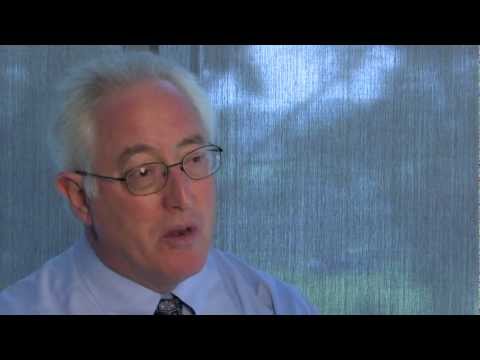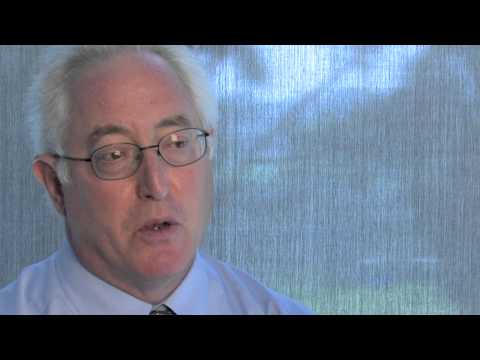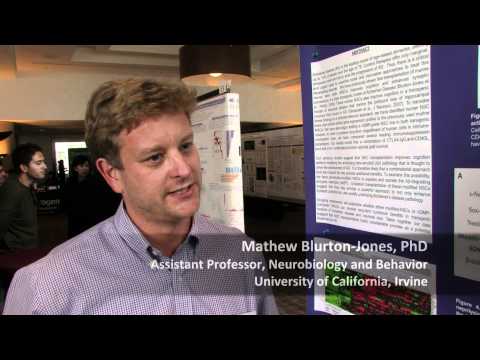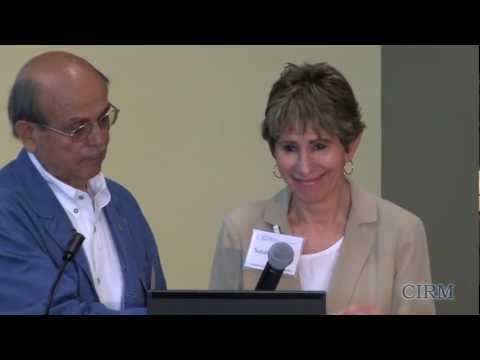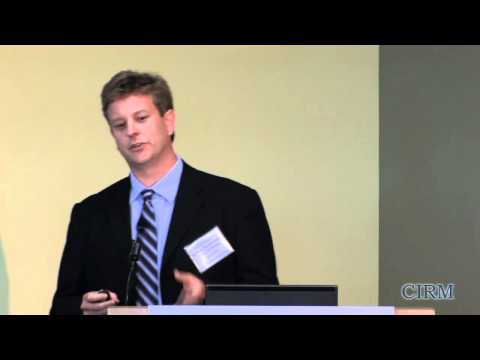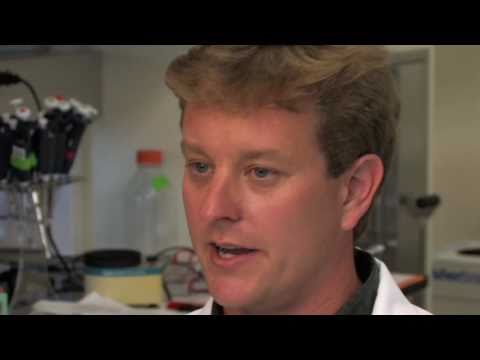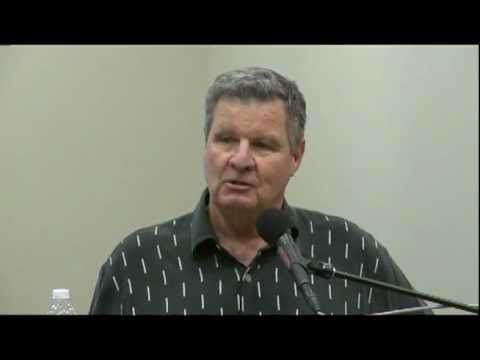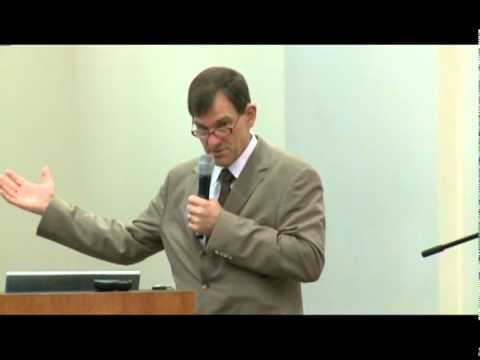Alzheimer’s Disease Fact Sheet
CIRM funds many projects seeking to better understand Alzheimer’s disease and to translate those discoveries into new therapies.
Description
Alzheimer’s disease is a degenerative brain disease that causes dementia, which impairs people’s ability to think, reason and remember things. More than five million people are living with Alzheimer’s disease in the U.S. today. Those people generally live much shorter lives and their medical expenses, combined with lost income for both them and their caregivers, is approximately $236 billion a year as of 2016. Alzheimer’s disease is currently the sixth leading cause of death in the U.S. There are no drugs to treat the disease, although some do relieve symptoms.
The exact causes of Alzheimer’s disease are unknown, however scientists believe that genetic risk factors make up 70% of Alzheimer’s case. One problem that has slowed new treatments for Alzheimer’s disease is the fact that no animal model truly mimics the disease. Drugs that have effectively treated animals with a form of Alzheimer’s haven’t worked in humans. What that means is that we need a better way of finding new drugs. CIRM funds several awards to researchers who are creating stem cell models of the disease in a lab dish using cells from Alzheimer’s patients. They can then test drugs on nerve cells derived from the stem cells of Alzheimer’s patients to look for ones that eliminate symptoms of the disease. These models are the only way of testing drugs in actual human cells.
The agency also funds teams that are in the early stages of developing potential therapies using stem cells. Some groups are trying to mature embryonic stem cells into a cell type that can be transplanted into the brain to replace cells that are destroyed in the disease. Others are simply using stem cells as a way of delivering factors that appear to protect brain cells. One team is trying to use stem cells to clear out the protein that builds up and clogs neurons in Alzheimer’s patients.
CIRM Grants Targeting Alzheimer’s Disease
| Researcher Name | Institution | Grant Title | Grant Type | Award Amount |
| Stuart A Lipton | Scripps Research Institute | Drug Development of Inhibitors of Inflammation Using Human iPSC-Derived Microglia (hiMG) | Quest – Discovery Stage Research Projects | $1,658,123 |
| Janet E Baulch | University of California, Irvine | An exosome-based translational strategy to mitigate Alzheimer’s disease neuropathology | Inception – Discovery Stage Research Projects | $157,650 |
| Dr. Yadong Huang | Gladstone Institutes, J. David | Human iPSC-derived GABAergic Progenitors for Alzheimer’s Disease Treatment | Therapeutic Translational Research Projects | $1,900,000 |
| Dr. David R Schubert | Salk Institute for Biological Studies | Human Stem-Cell Based Development of a Potent Alzheimer’s Drug Candidate | Preclinical Development Awards | $1,664,885 |
| Dr. Mathew Mark Blurton-Jones | University of California, Irvine | Optimizing the differentiation and expansion of microglial progenitors from human pluripotent stem cells for the study and treatment of neurological disease. | Tools and Technologies III | $1,147,596 |
| Dr. Lawrence S. B. Goldstein | University of California, San Diego | Elucidating pathways from hereditary Alzheimer mutations to pathological tau phenotypes | Basic Biology V | $1,050,300 |
| Dr. James Brewer | University of California, San Diego | Collection of skin biopsies to prepare fibroblasts from patients with Alzheimer’s disease and cognitively healthy elderly controls | Tissue Collection for Disease Modeling | $643,693 |
| Dr. Alexandra Capela | StemCells, Inc. | Restoration of memory in Alzheimer’s disease: a new paradigm using neural stem cell therapy | Disease Team Therapy Development – Research | $8,901,641 |
| Dr. David R Schubert | Salk Institute for Biological Studies | Stem cell based small molecule therapy for Alzheimer’s disease | Early Translational III | $1,673,757 |
| Dr. Lawrence S. B. Goldstein | University of California, San Diego | Identifying Drugs for Alzheimer’s Disease with Human Neurons Made From Human IPS cells | Early Translational III | $1,774,420 |
| Dr. Alexandra Capela | StemCells, Inc. | Neuroprotection to treat Alzheimer’s: a new paradigm using human central nervous system cells | Disease Team Therapy Planning I | $90,101 |
| Roberta Diaz Brinton | University of Southern California | A CIRM Disease Team to Develop Allopregnanolone for Prevention and Treatment of Alzheimer’s Disease | Disease Team Therapy Planning I | $107,961 |
| Dr. Lawrence S. B. Goldstein | University of California, San Diego | Developing a method for rapid identification of high-quality disease specific hIPSC lines | Tools and Technologies II | $1,686,069 |
| Dr. Douglas Ethell | The Regents of the University of California on behalf of its Riverside Campus | ES-Derived Cells for the Treatment of Alzheimer’s Disease | New Faculty I | $621,639 |
| Dr. Douglas W Ethell | Western University of Health Sciences | ES-Derived Cells for the Treatment of Alzheimer’s Disease | New Faculty I | $1,401,642 |
| Dr. Frank LaFerla | University of California, Irvine | Neural Stem Cells as a Developmental Candidate to Treat Alzheimer Disease | Early Translational I | $3,599,997 |
| Dr. Yadong Huang | Gladstone Institutes, J. David | Defining the Isoform-Specific Effects of Apolipoprotein E on the Development of iPS Cells into Functional Neurons in Vitro and in Vivo | New Faculty II | $2,757,303 |
| Dr. Lawrence S. B. Goldstein | University of California, San Diego | Using Human Embryonic Stem Cells to Understand and to Develop New Therapies for Alzheimer’s Disease | Comprehensive Grant | $1,859,414 |
| Dr. Frank LaFerla | University of California, Irvine | Development of human ES cell lines as a model system for Alzheimer disease drug discovery | SEED Grant | $473,963 |
| Dr. Anirvan Ghosh Dr. | University of California, San Diego | Generation of forebrain neurons from human embryonic stem cells | SEED Grant | $587,591 |
| Dr. Tony Wyss-Coray | Palo Alto Veterans Institute for Research | Systemic Protein Factors as Modulators of the Aging Neurogenic Niche | Basic Biology II | $1,159,806 |
| | | | Total:
$34,917,551.73 |
CIRM Alzheimer’s Disease Videos
News and Information
Resources
Find Out More:
Stem Cell FAQ | Stem Cell Videos | What We Fund




